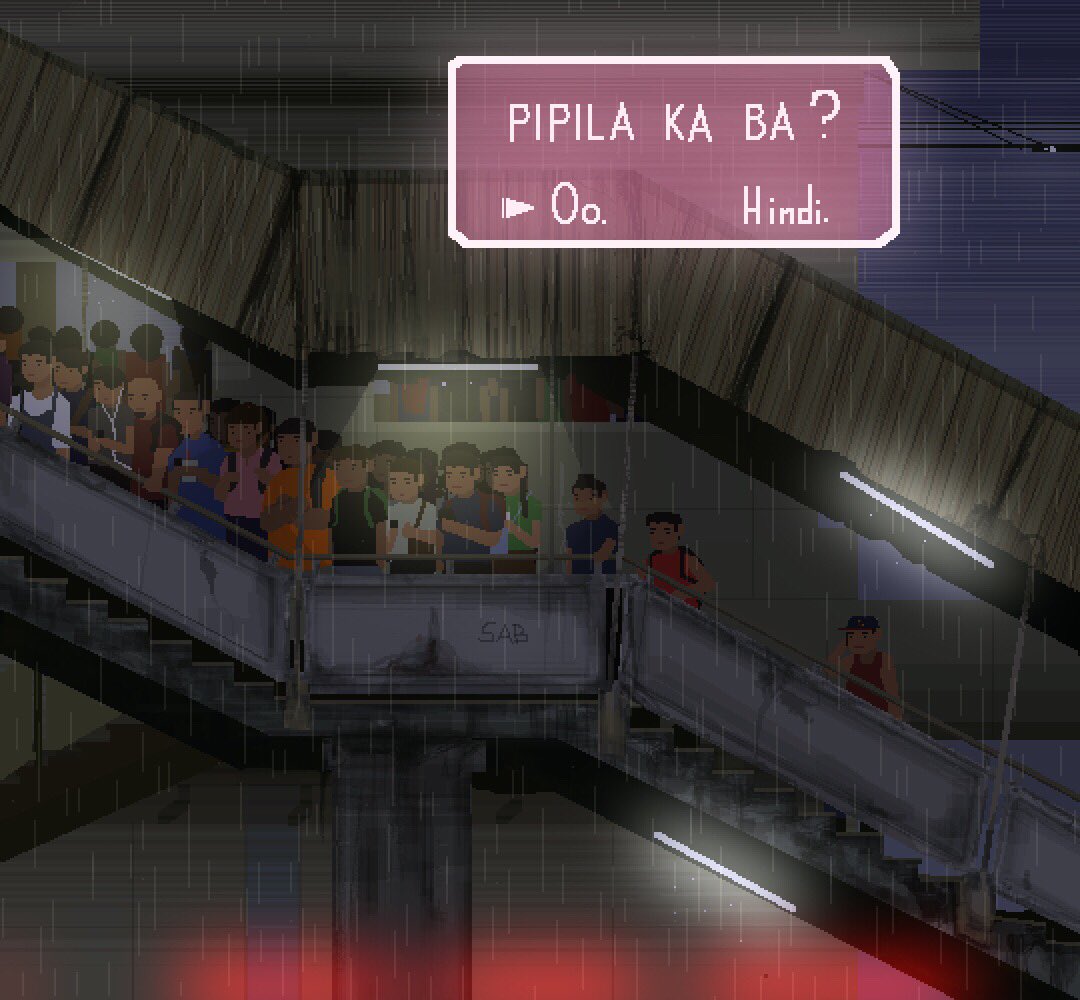this post was submitted on 16 Jul 2023
16 points (100.0% liked)
Philippines
1605 readers
2 users here now
Mabuhay at maligayang pag-alis sa Lemmy! ✈️
An abandoned community for the Philippines and all things Filipino! 🇵🇭
Started out as a Reddit alternative during the blackout from Jun 12-21, 2023 with over 1k members in just a few days. Fizzled faster than the "I Didn't Do It" kid after a month until it became the internet's Centralia in less than a year.


Filipino artists whose works were featured on our daily random thread covers.

founded 1 year ago
MODERATORS
you are viewing a single comment's thread
view the rest of the comments
view the rest of the comments



Map of literacy rates per municipality according to the 2020 census. If the vast majority (1508/1634) are above 90% literacy, is it worth it?
Edit: Is it also worth it to post such huge-ass, 1:1,000,000 maps on Lemmy?
Edit: Made it 1:2,000,000 , and added a legend and per-province map.
For a moment I thought it's representing low literacy rates because of all the red.
Yes, which is why it isn't recommended to use reds often to represent data as it has a negative connotation by default. Source: I do mapping, cartography, and gis work.
But would you recommend blue to red if you wanted to highlight, say, towns which are more Kapampangan speaking?
I don't recommend it. Generally, you would want to use one hue for low to high values of sequential data but you can use 2 hues to increase contrast (e.g., light blue to dark blue, light yellow to blue). Blue and red are opposing colors and is more used as diverging scales where there are neutral tones (and values) in the middle (e.g., negative values, zero, positive values; blue-pale yellow-red). Here's a nice resource on color schemes, https://colorbrewer2.org